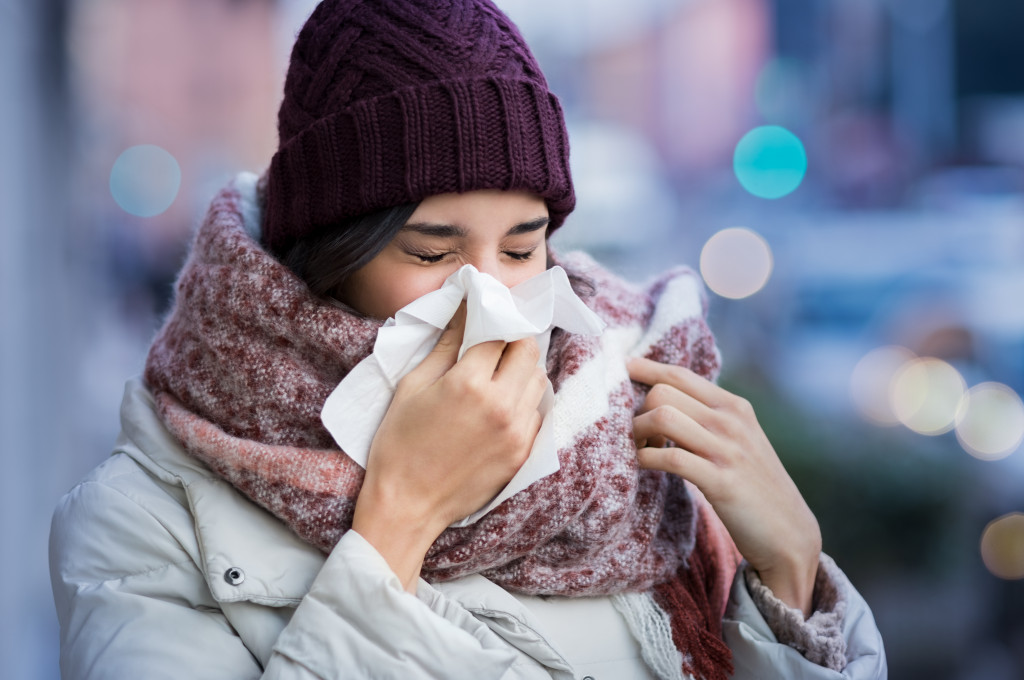- Viruses are microscopic organisms that can spread through different modes of transmission, including airborne, touch, and consumption.
- Influenza (Flu) is a respiratory illness caused by an influenza virus, and vaccination is recommended.
- Respiratory Syncytial Virus (RSV) is highly contagious and can cause severe health problems, especially in young children.
- Norovirus is a highly contagious virus that can cause gastroenteritis, and the best way to prevent it is by practicing good hygiene.
- Rhinovirus causes the common cold and can lead to severe health problems in people with pre-existing medical conditions.
Viruses are microscopic organisms that are harmful to human health. They can easily infect and spread from one person to another through different modes of transmission, including airborne, touch, and consumption. Many viruses can affect your family life and cause severe health problems that may require hospitalization. Awareness of common viruses that can affect your family life is essential in preventing the spread of infections. Here’s comprehensive information about the common viruses affecting your family life.
What Are Viruses?
First, it’s essential to understand what viruses are. Viruses are a type of microorganism made up of either DNA or RNA and can replicate in living cells. They can be found in air, soil, water, food sources, and on surfaces that humans or other animals touch. Here are some common viruses that can affect your family.
Influenza (flu) Virus
Influenza or flu is a respiratory illness caused by the influenza virus. It is highly contagious and can easily spread through the air when an infected person coughs or sneezes. Flu symptoms include high fever, body pains, headaches, coughing, and sore throat. The flu can cause severe health problems, especially in young and elderly people. Vaccination is the most effective way to prevent the flu, and it is recommended for everyone six months of age and older.
Respiratory Syncytial Virus (RSV)
RSV is a common virus that affects the respiratory system. It is highly contagious and can quickly spread from one person to another through close contact or touch. RSV symptoms are similar to the flu, including coughing, runny nose, and fever. Most people recover from RSV independently, but it can be dangerous for young children, the elderly, and people with weakened immune systems. There is no cure for RSV, but antiviral medications can help manage the symptoms.

Norovirus
Norovirus is a highly contagious virus that causes gastroenteritis or stomach flu. It spreads through contaminated food and water or contact with an infected person or surface. Norovirus symptoms include vomiting, diarrhea, stomach cramps, and fever.
Norovirus can cause severe dehydration, especially in young children and elderly people. The best way to prevent norovirus is by practicing good hygiene, such as frequent hand washing and disinfectants to clean surfaces.
Rhinovirus
Rhinovirus is a common virus that causes the common cold. It spreads through touch or droplets in the air when an infected person coughs or sneezes. Rhinovirus symptoms include a runny nose, cough, congestion, and sore throat.
Rhinovirus can cause severe health problems, especially in people with pre-existing medical conditions, such as asthma or chronic obstructive pulmonary disease (COPD). The best way to prevent rhinovirus is by washing your hands often and avoiding close contact with people with colds.
Human Papillomavirus (HPV)
HPV is a sexually transmitted virus that can cause genital warts and cervical cancer in women. It is highly contagious and can spread through sexual contact with an infected person. HPV symptoms may not be present, and the virus can remain dormant for years before causing health problems. Vaccination is the best way to prevent HPV, and it is recommended for both males and females ages 11-26.
Prevention Techniques
Prevention will always be better than cure. Here are ways you can prevent your family from getting infected:

Clean Clothes
Certain viruses can stick to your clothes and spread from one person to another. To avoid spreading viruses, wash your clothes regularly and separate clean items from dirty ones. Hiring a local laundry service can also be a good choice. They can disinfect your clothes through high temperatures and specialized cleaning products.
Frequent Hand-washing
Hand-washing is the most effective way to prevent the spread of viruses, as it helps to remove dirt, bacteria, and other harmful particles. Always keep a bottle of hand sanitizer handy, especially when you are out in public places. Frequent hand-washing can also help protect against foodborne illnesses like norovirus.
Cover Your Coughs and Sneezes
Coughing and sneezing can spread respiratory viruses like influenza or RSV quickly from one person to another. Always cover your mouth with a tissue or elbow when coughing or sneezing to reduce the risk of spreading these viruses. Then dispose of the used tissues properly into a closed bin.
Viruses are a common threat to your family’s health. Awareness of the viruses that can affect your family life is vital in preventing the spread of infections. Vaccination against certain viruses, such as influenza and HPV, is essential for keeping your family healthy. Maintaining good hygiene habits like washing clothes regularly and frequent hand-washing will help reduce the risk of virus exposure and protect your family.

